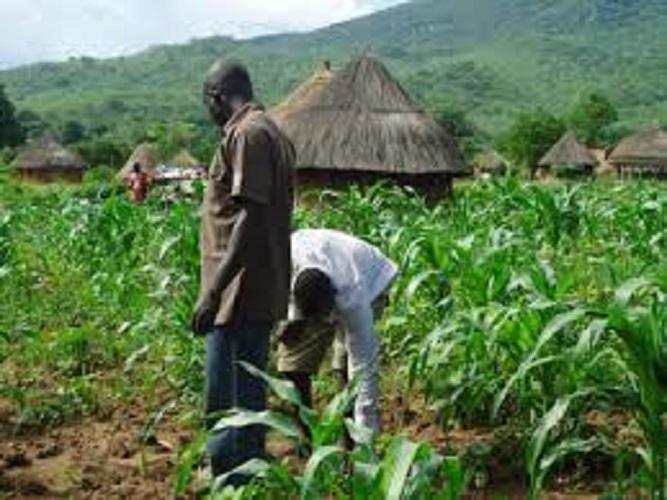Govts Urged to Assist Smallholder Farmers

The Country Director, ActionAid Nigeria (AAN), Mrs. Eneh Obi, has appealed to the federal and State government to assist small holder farmers’ access bank credit to improve food production in the country.
Obi, who disclosed this recently at a two-day stakeholders’ consultative meeting on the 2021 Agriculture Budget in Lagos, said there was need for major investments in agriculture. She said the country cannot continue depending on oil as its major source of revenue.
He also urged government at all level to look inwards and invest in agriculture in order to create jobs and provide enough food for the country.
Obi remarked that government should make major investments, not only on budget allocation, but the release of the budget and also look at the issues of gender, and how to help small holder farmers access credit.
She further explained that the two-day workshop provided an opportunity to engage with the small holders’ farmers and their leadership to review the Comprehensive African Agriculture Development Plan, (CAADP).
According to her, “The budgetary allocations are not appropriate. We are a population of young Nigerians that is about 62 percent and when you have such population with energy it is an engine room for development. We are calling for more investment in the youth population. COVID-19 has drawn a lot of challenges. “For ActionAid, it is a social justice organisation for ending poverty, but COVID-19 has come and doubled the poverty level which is closing the gap of some of the achievements that we have had, there is the issue of flooding and natural disasters, so there are a lot of things that are in conflict with what we are doing, but we are not giving up.
“So this gathering is targeted to look at the bench mark for the biennial review for the comprehensive Africa Agriculture Development Plan. So what we are have done in the last two days is to review what is happening at the country level because we cannot have a national level reporting without the state not contributing to it.
“We have been able to develop shadow budgets to look at the percentages in agriculture and what can make the difference.”
At the end of the two-day consultative meeting, a communiqué was issued with some key recommendations. One of the key recommendations was that the allocation made to CAADP in the 2020 agriculture budget should be released 100 per cent to support coordination of the agriculture sector and knowledge building on the CAADP/Malabo performance indicators.
The communiqué further called for political will to allocate at least 10 per cent of annual budgets and actuals of revenues to the agriculture sector with appropriate budget lines so that Nigeria would be on track in, “the next biennial reporting to the Africa Union Heads of States and Government in line with the Malabo declaration and commitments of 2014.”
The communiqué added: “The Agriculture sector requires a separate budget cycle to enable Federal Ministry of Agriculture and Rural Development (FMARD) achieve. Buffer funds from sources such as natural resources funds, climate resources funds and the National Agricultural Development Fund (Establishment) bill, 2019 being proposed by the Senate Committee on Agriculture and Rural Development should be considered given the strategic importance of the sector. Additionally, given the time bound nature of farming activities, agriculture budgets must be released on time and fully to enable farmers plant in due season.”
